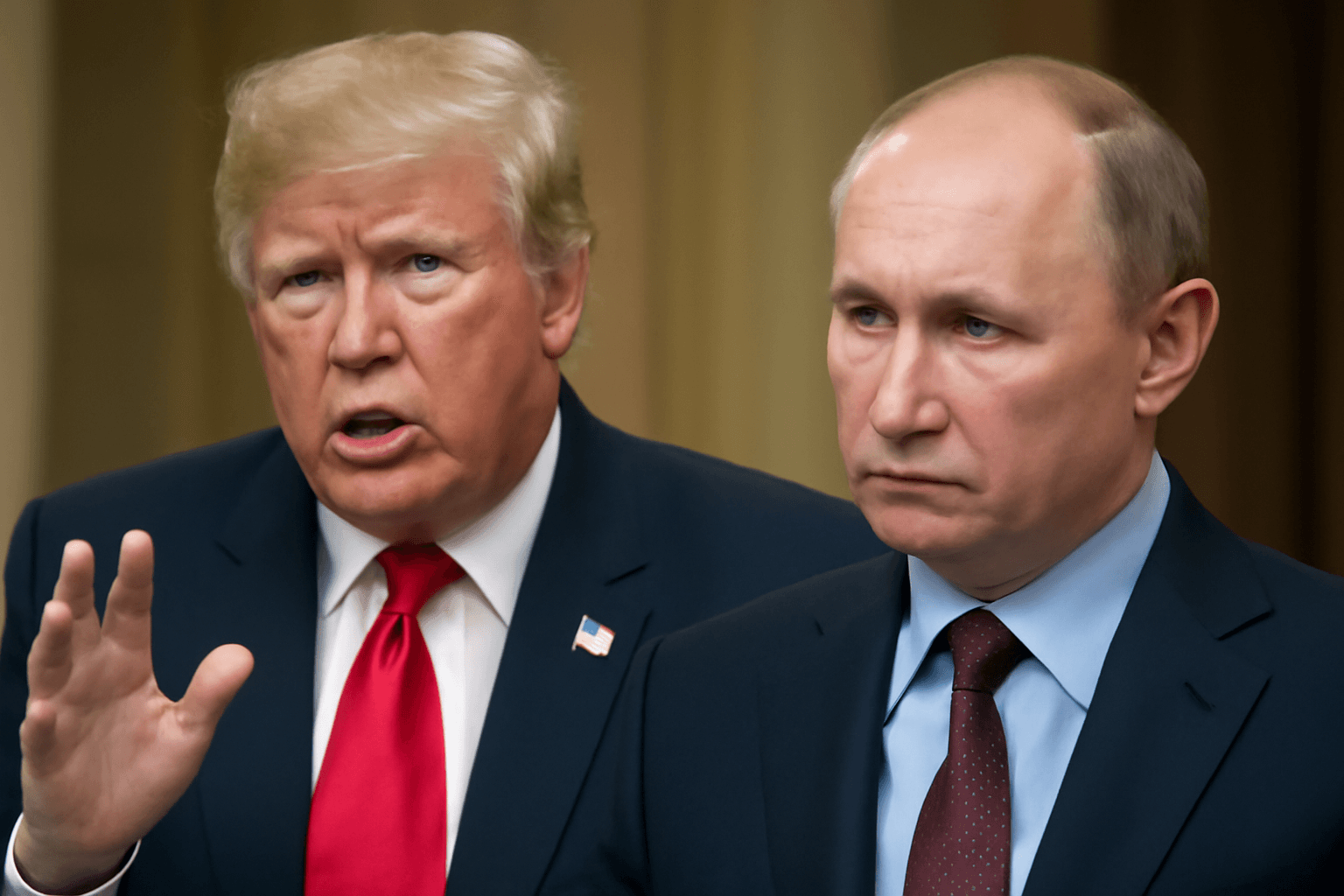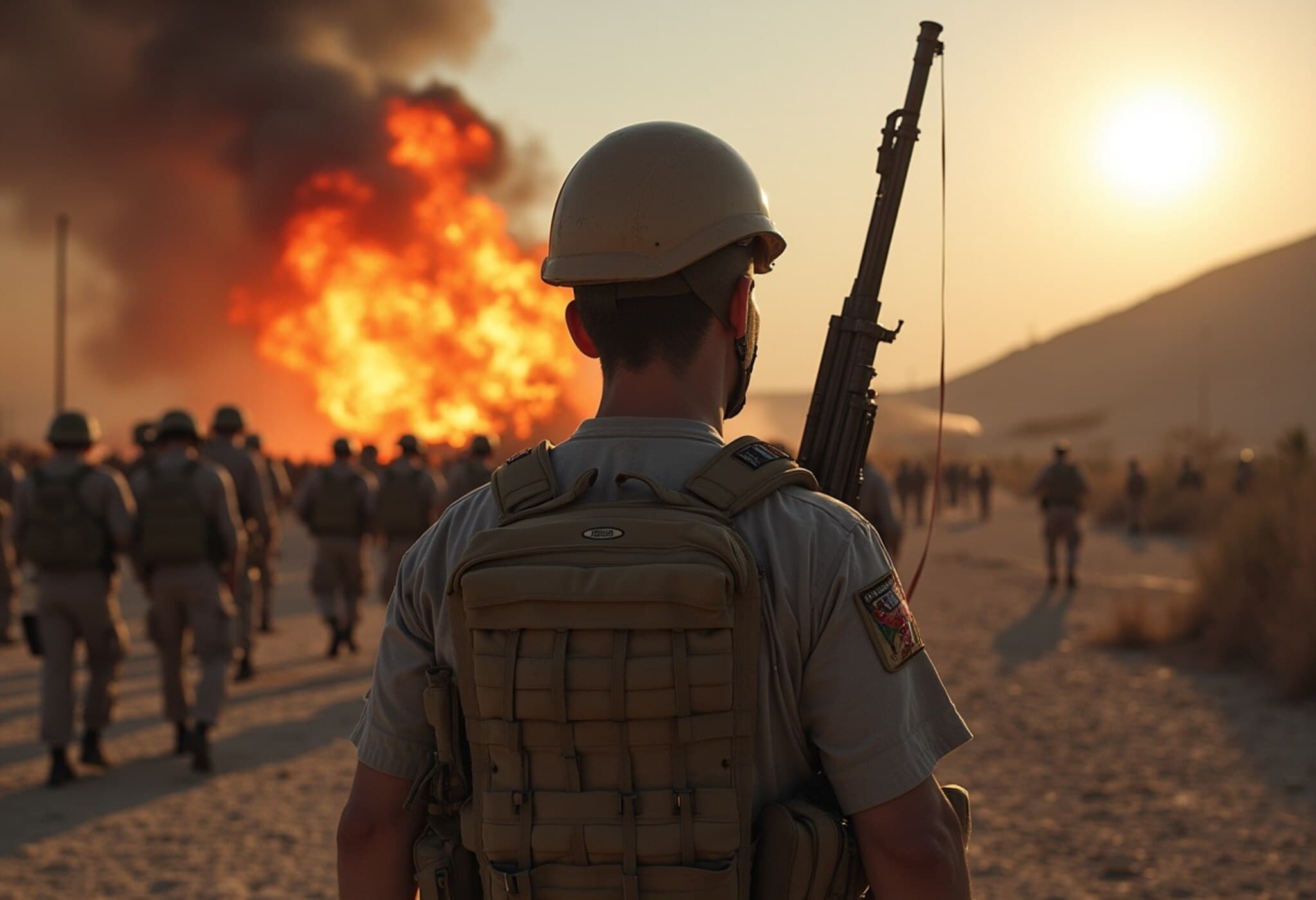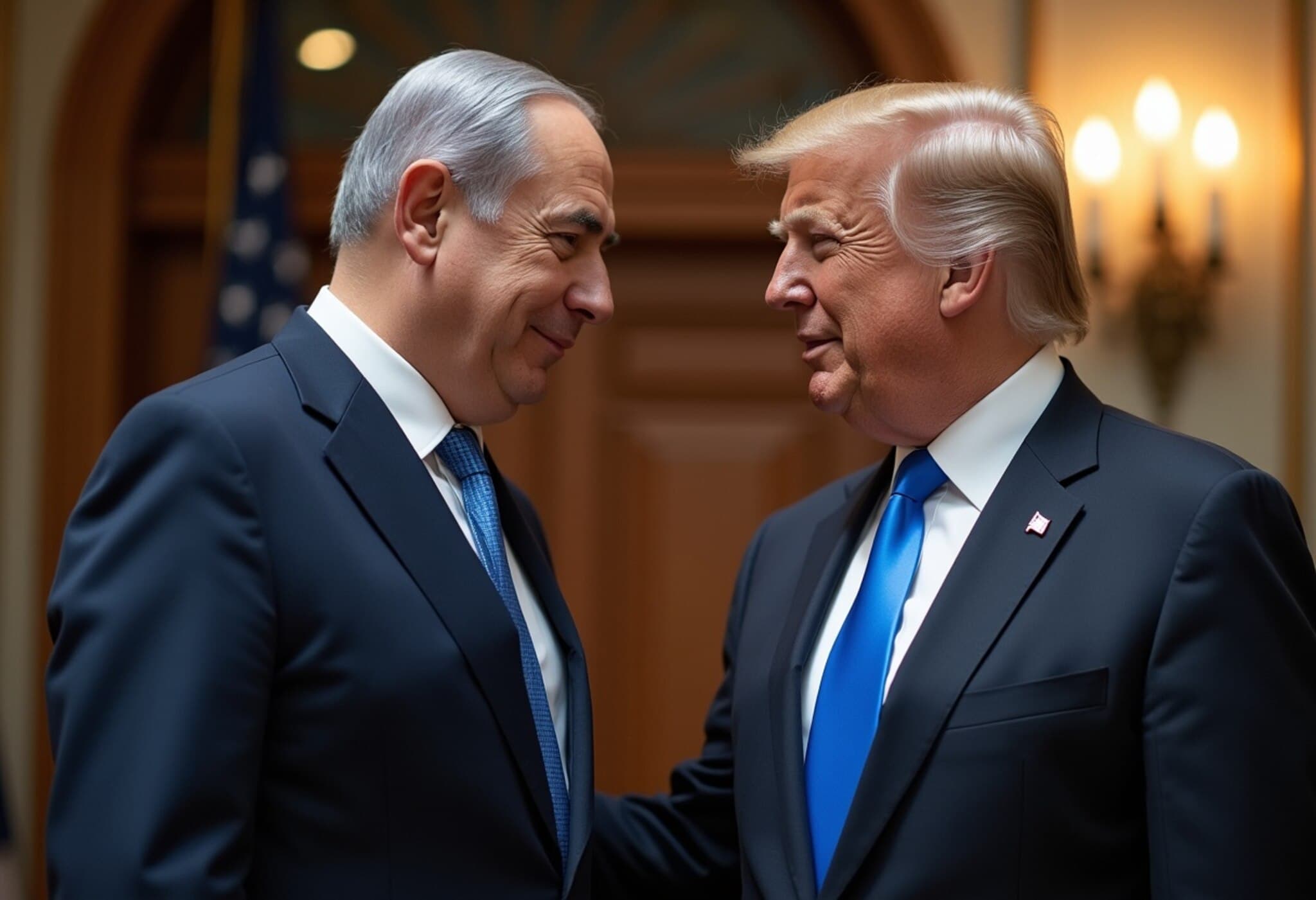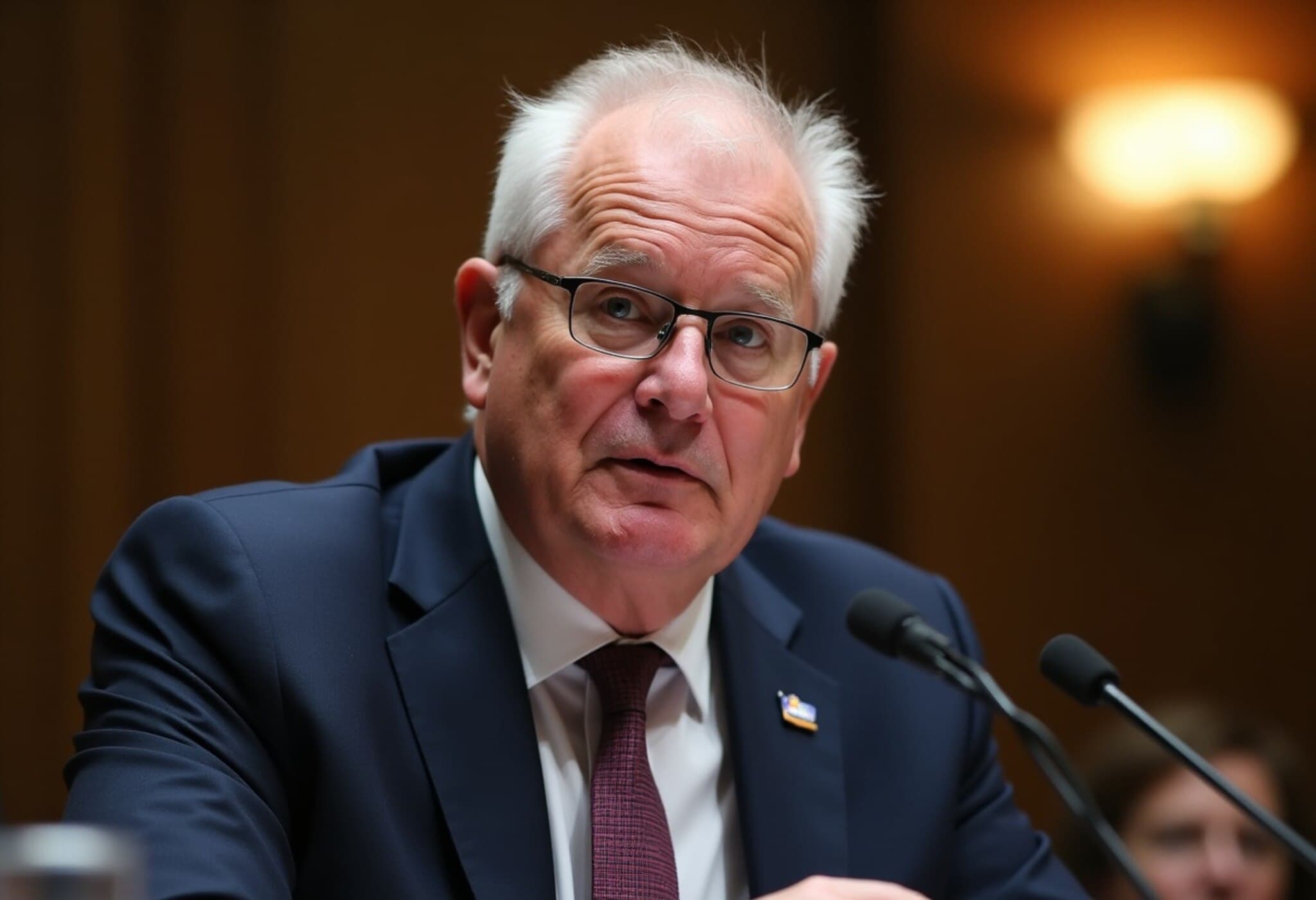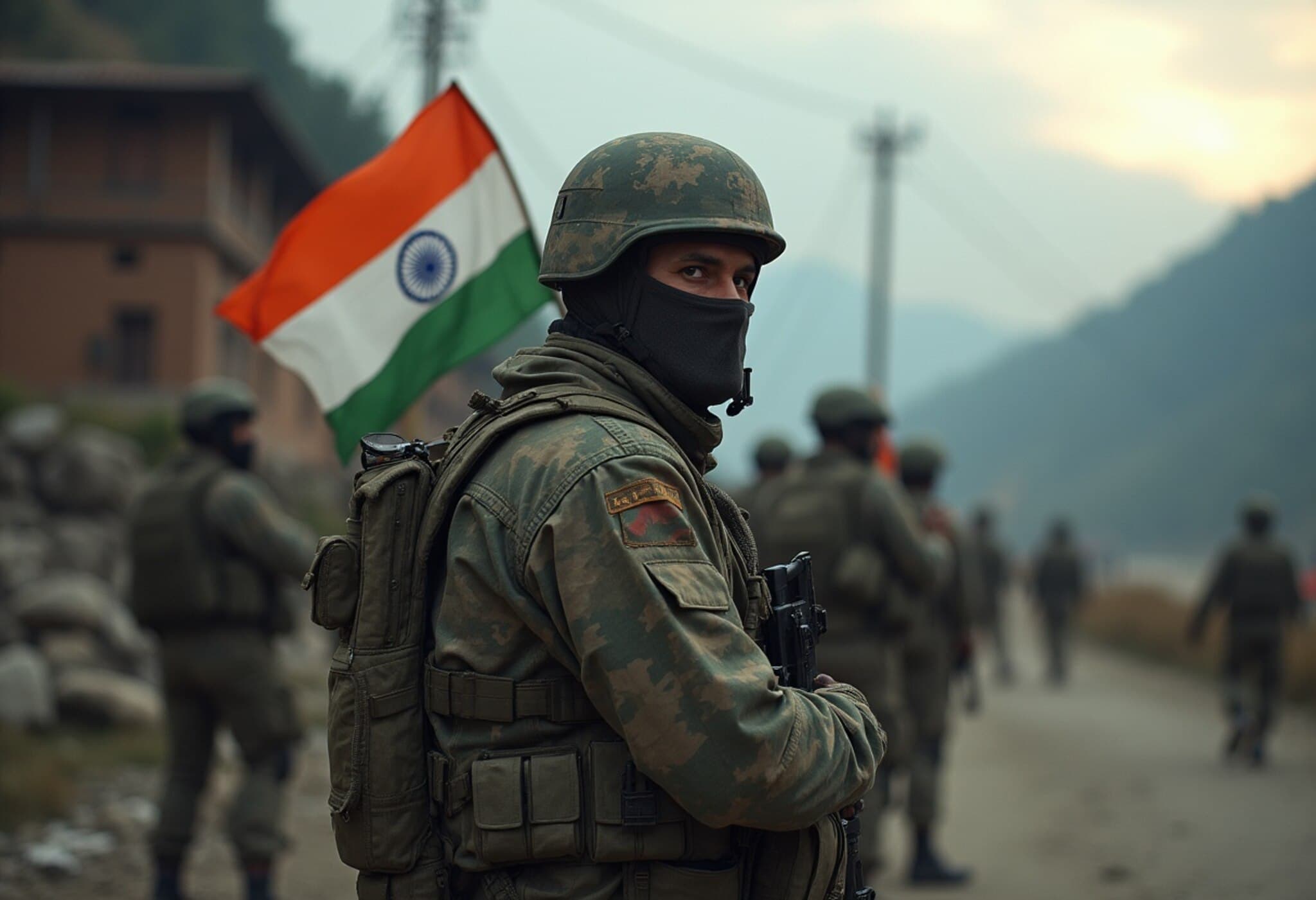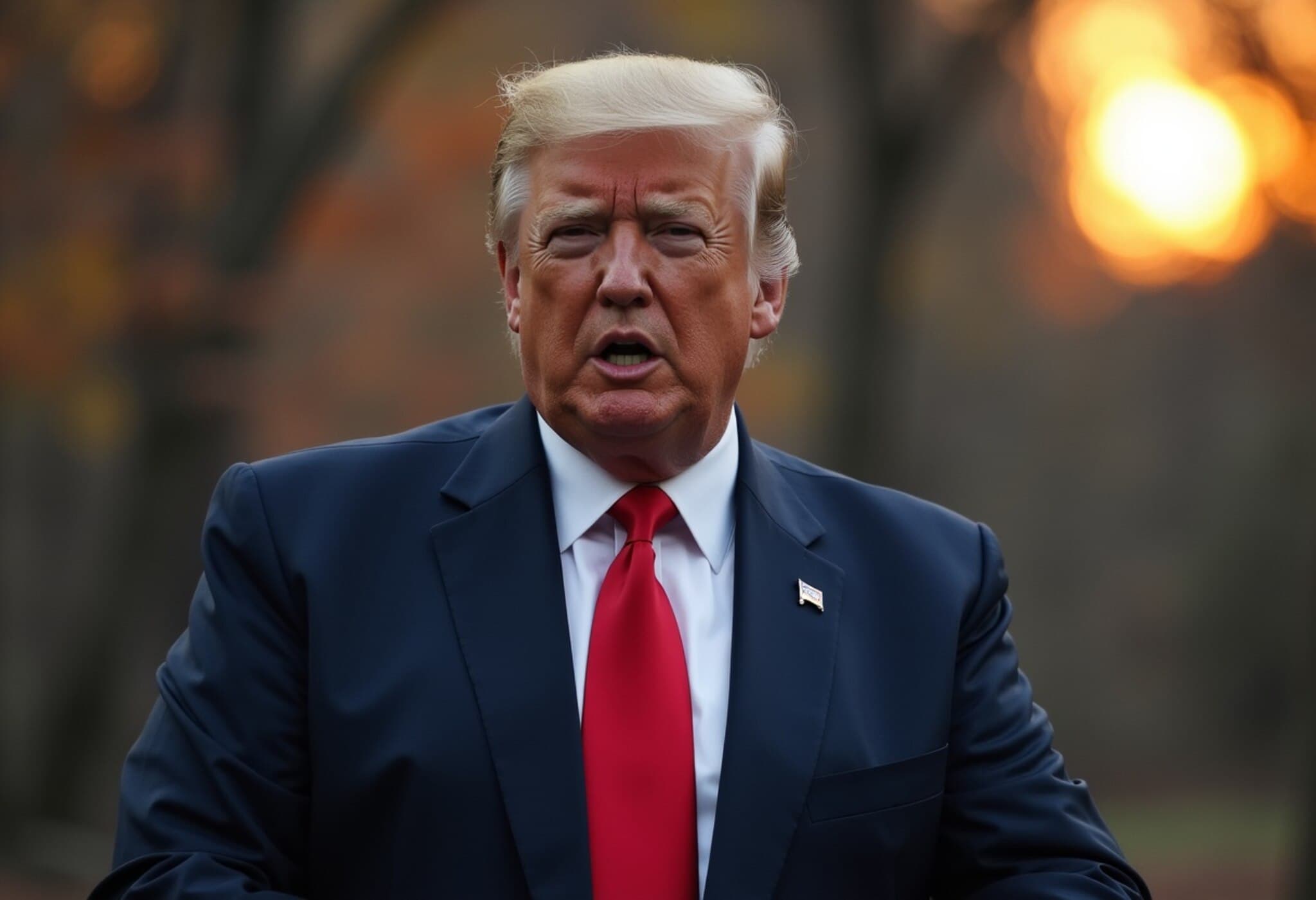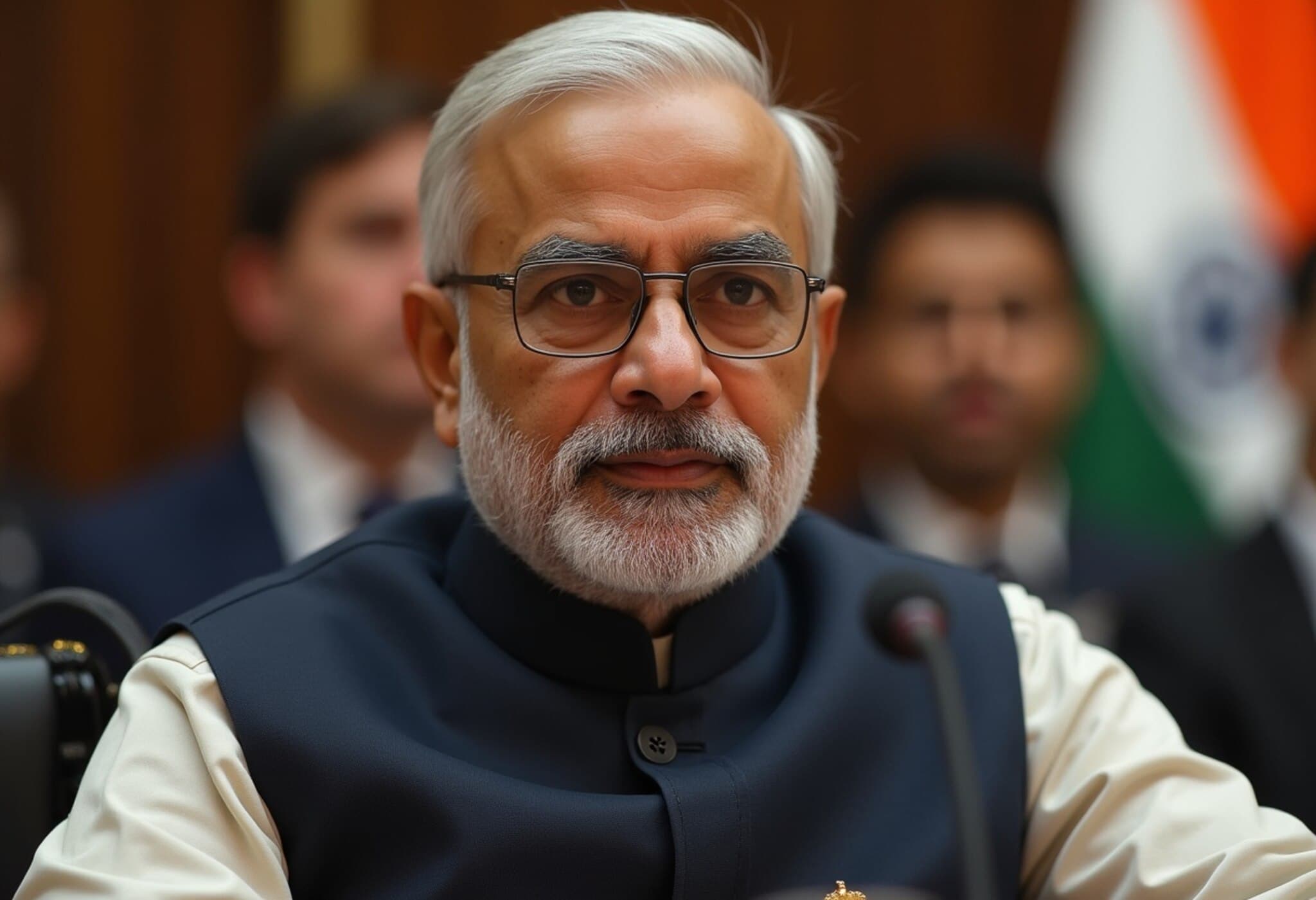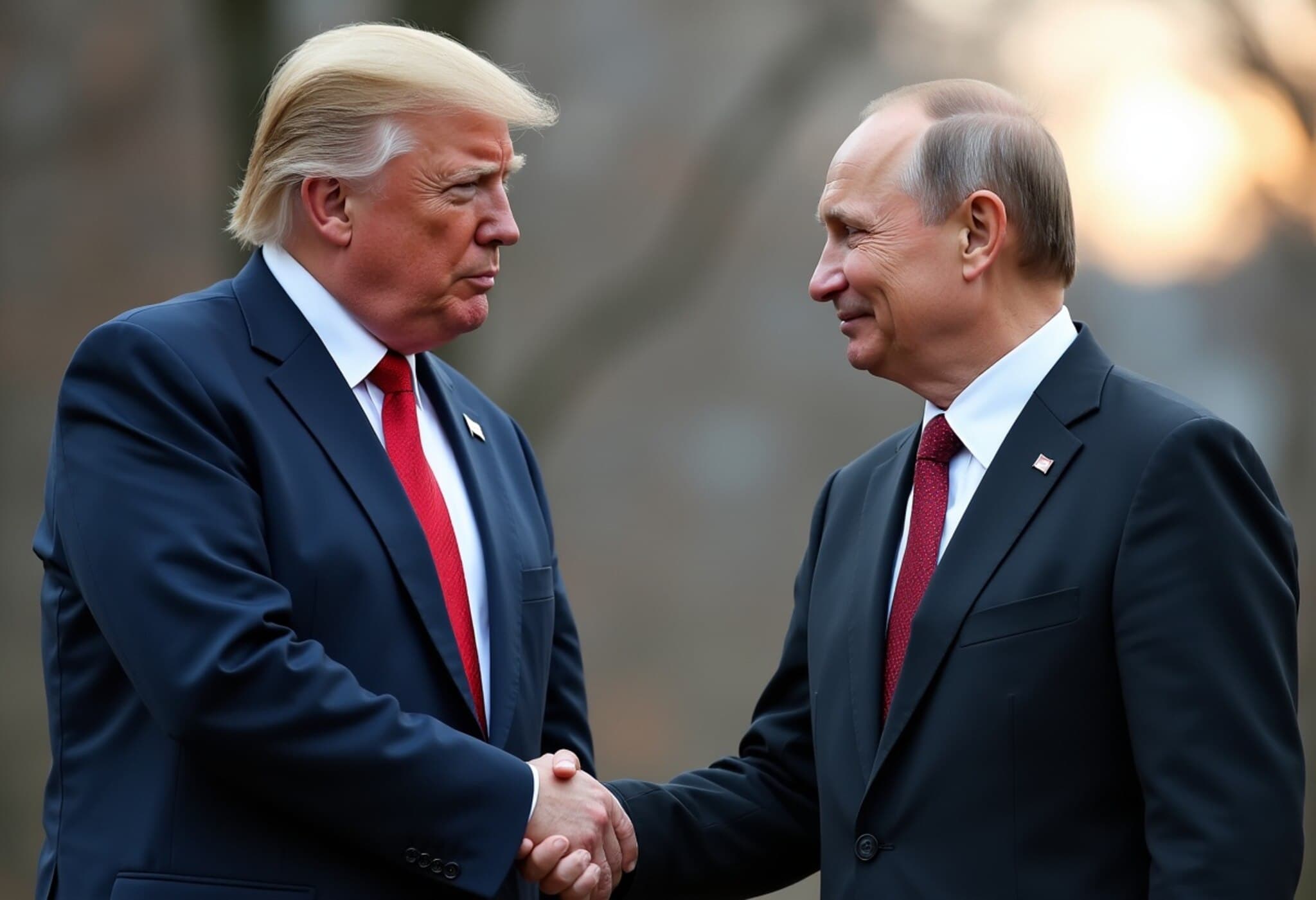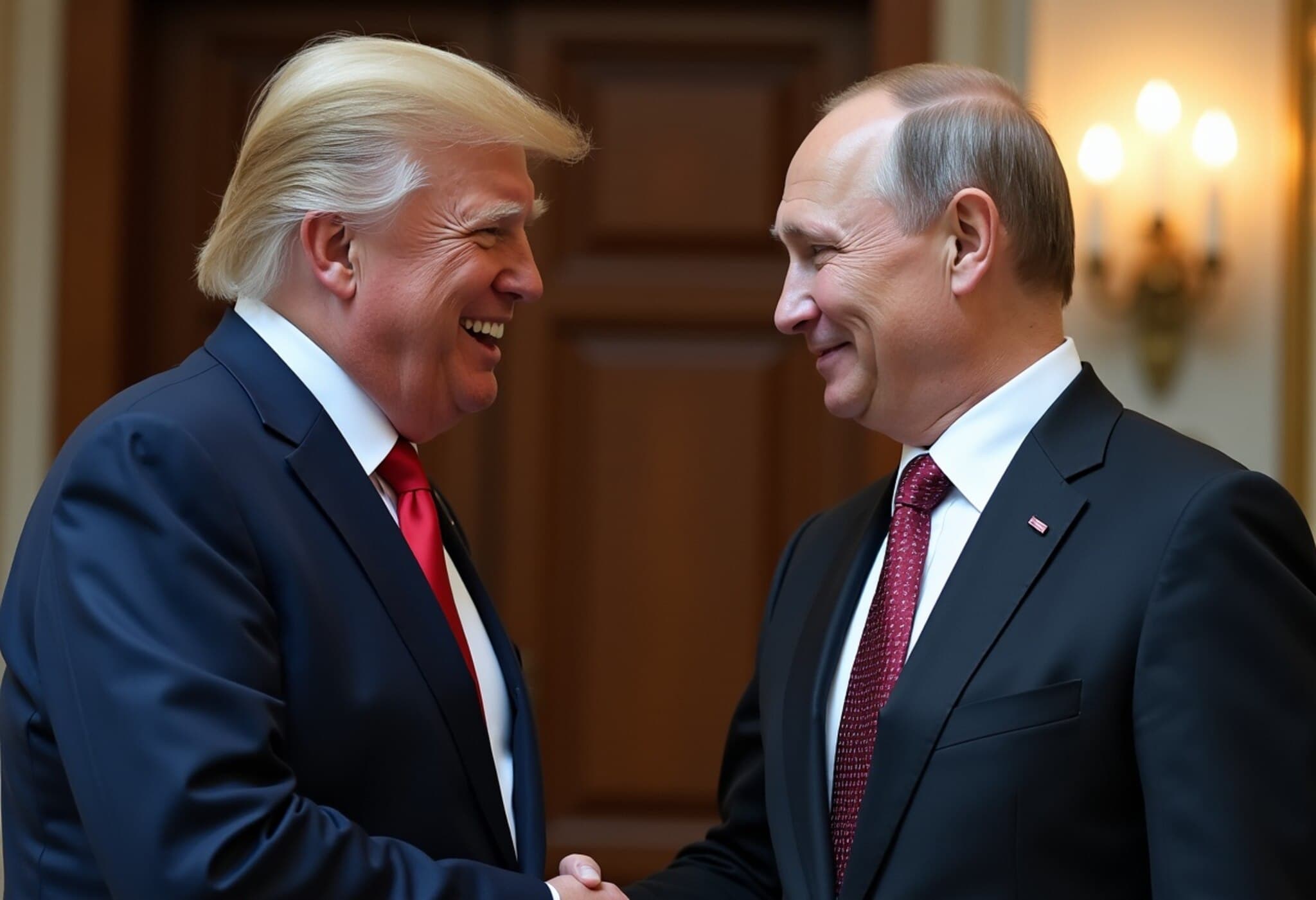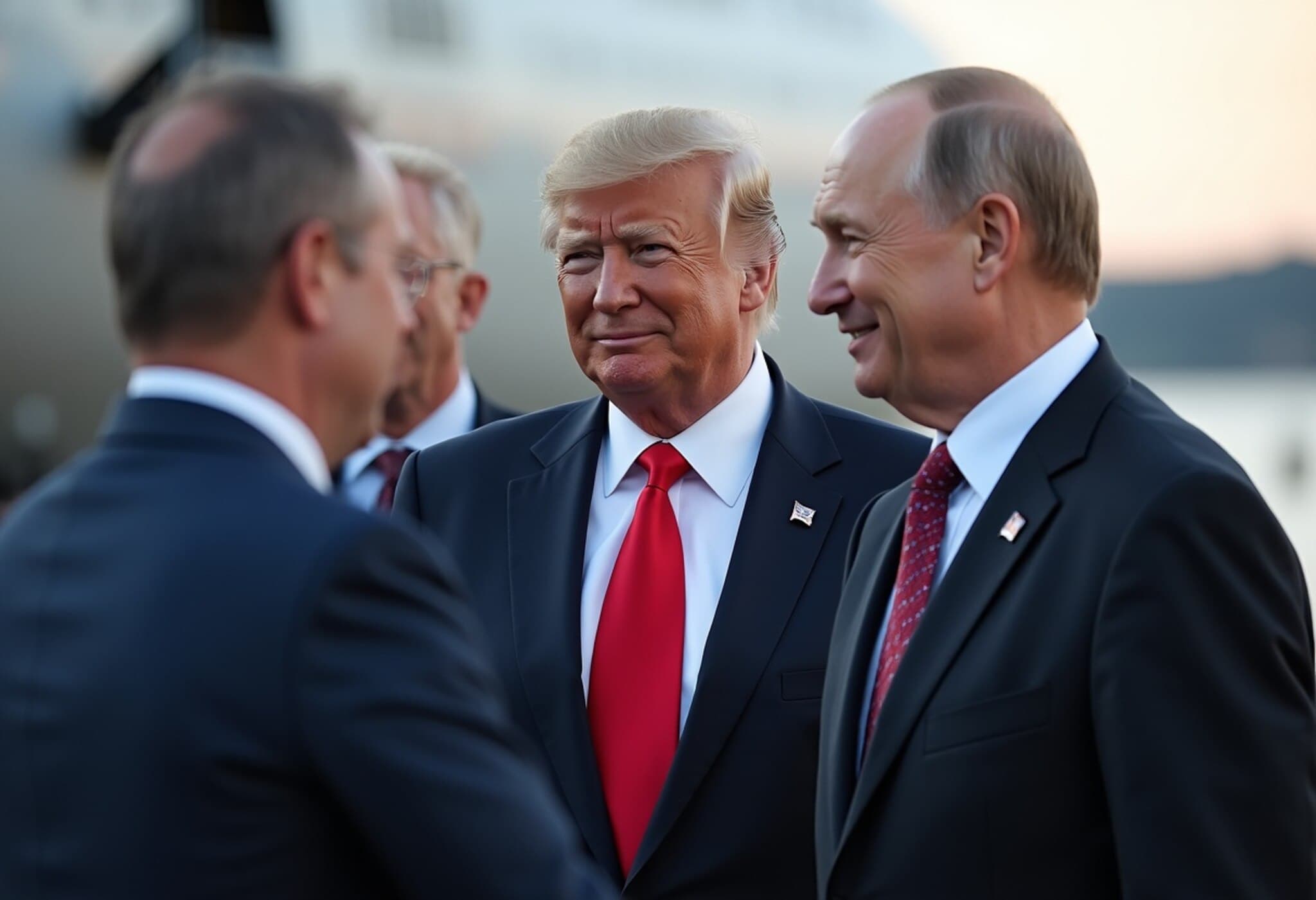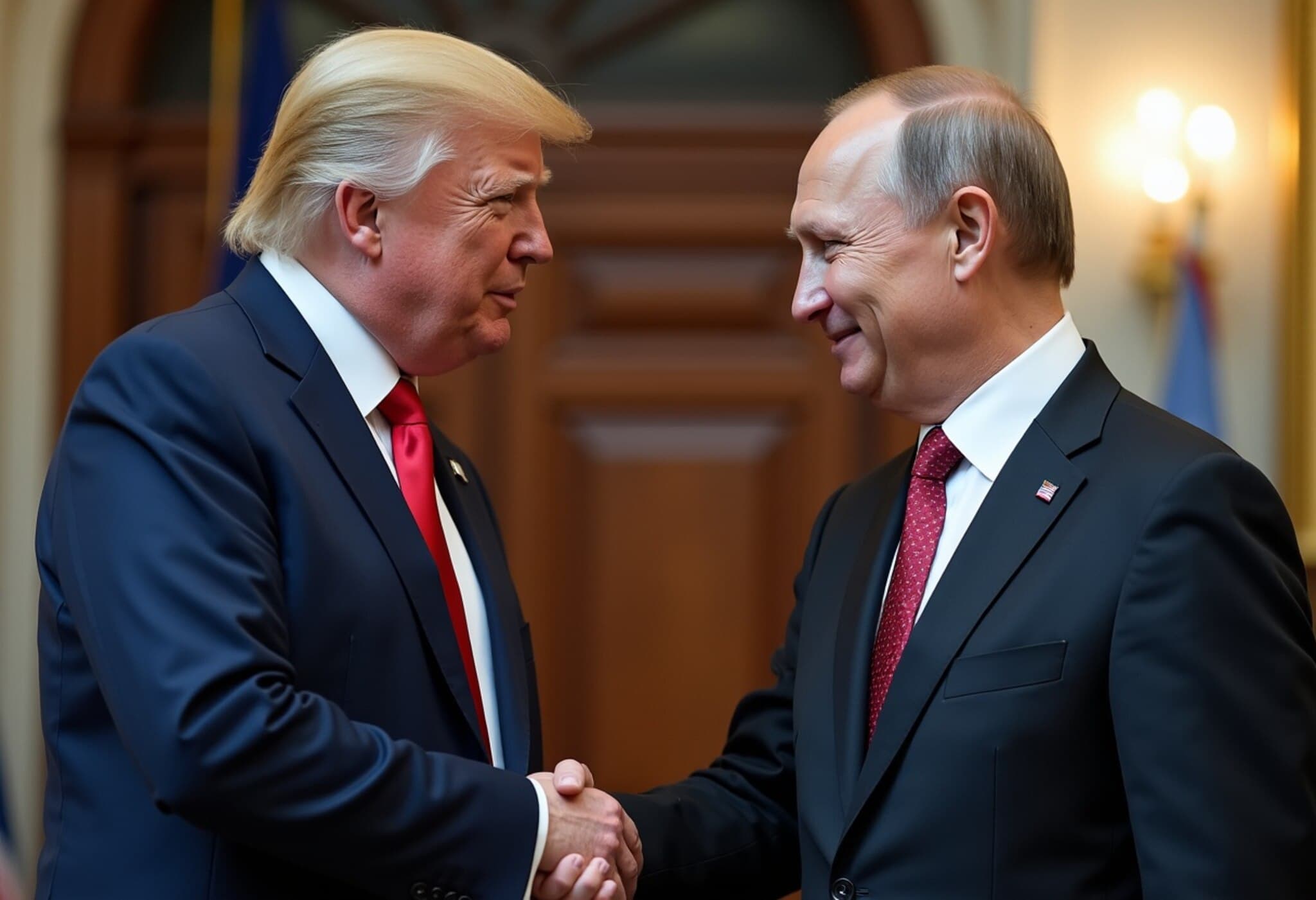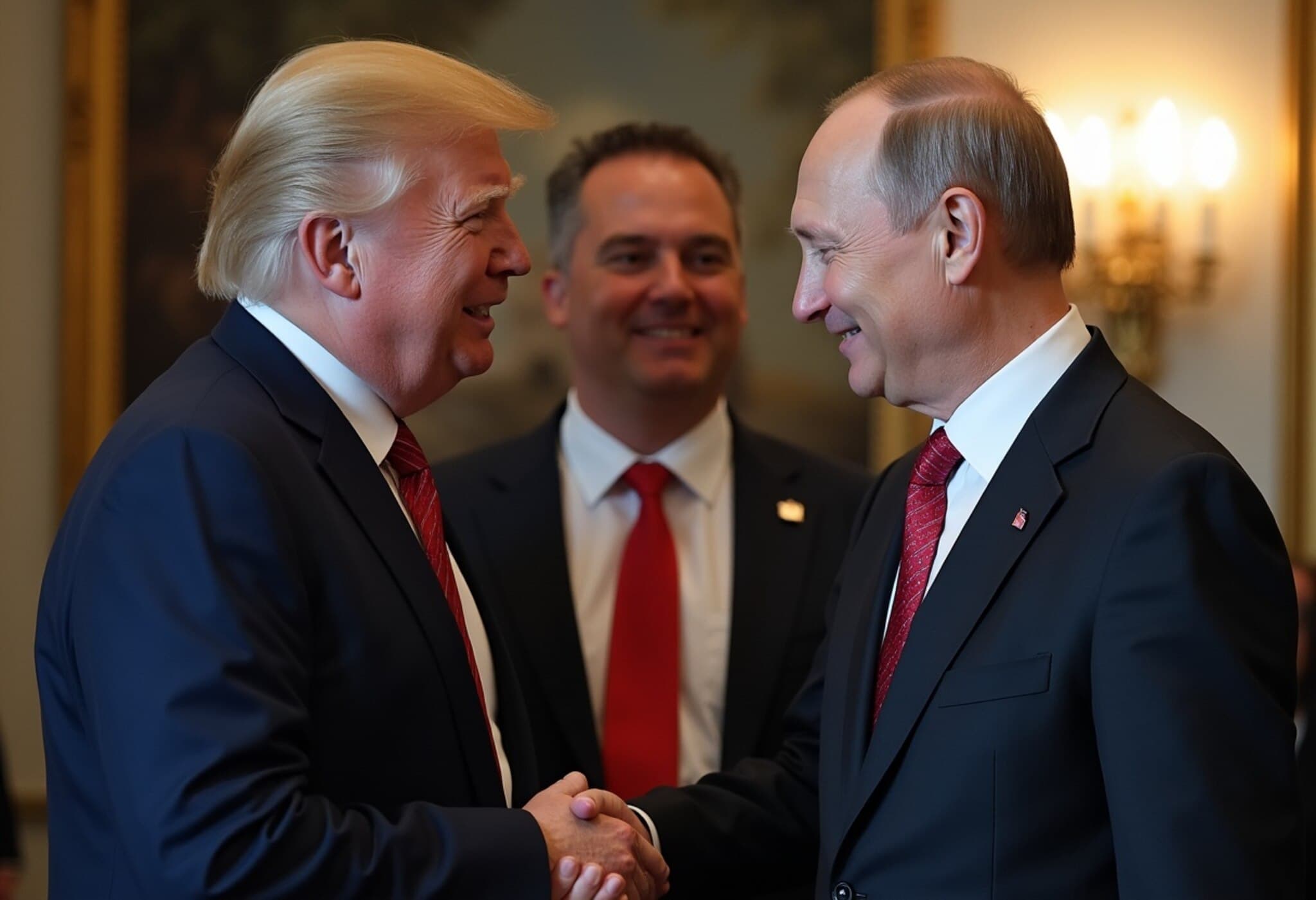Donald Trump Voices Sharp Criticism of Vladimir Putin
In a recent and candid statement, former U.S. President Donald Trump publicly criticized Russian President Vladimir Putin, dismissing some of his claims as "nonsense." This rare moment of outspoken disapproval highlights the ongoing complexities and fluctuating dynamics between the two leaders, which continue to resonate deeply in international politics.
Context Behind Trump's Comments
Trump's remarks come at a time of heightened geopolitical tension, marked by ongoing conflicts and strategic confrontations involving Russia, the United States, and their allies. While Trump has previously been noted for his sometimes conciliatory tone toward Russia, this critique signals a more confrontational stance that reflects broader U.S. concerns about Russian actions on the global stage.
Implications for U.S.-Russia Relations
This public denouncement plays into the larger narrative of strained relations between Washington and Moscow. Experts suggest that Trump's language—though blunt—mirrors the frustration in certain American political circles regarding Russia's recent maneuvers, from military interventions to disinformation campaigns.
- Political Analysis: Trump's words might appeal to audiences skeptical of Putin's intentions and Russia’s geopolitical strategies.
- Policy Considerations: Such frank criticism could influence debates on sanctions, diplomatic engagement, and national security policies.
- Public Perception: This shift may affect voters’ views, especially amidst ongoing discussions about international leadership and global security.
Underreported Perspectives
While headlines focus on the clash between these two powerful figures, less attention has been paid to how Trump's remarks reflect internal U.S. political divisions regarding Russia. This incident raises questions about the consistency of American foreign policy messaging, the role of individual personalities in diplomacy, and how media coverage shapes public understanding of international conflicts.
Expert Commentary: What This Means Moving Forward
From a policy standpoint, such candid commentary underscores an ongoing challenge: balancing frankness with diplomacy. Political analyst Dr. Karen Liu notes, "Trump's blunt rhetoric can resonate domestically but risks complicating delicate diplomatic channels. It's a reminder of how personalized leadership styles impact international relations in unpredictable ways."
Moreover, the economic implications cannot be ignored. Tensions between global powers often ripple into markets, affecting energy prices, defense spending, and international trade—a chain reaction felt by everyday citizens.
Conclusion
As the world watches these exchanges between prominent leaders, it’s crucial to understand not only the headline-grabbing comments but the broader context they represent. The interplay between Trump and Putin is more than personal—it’s emblematic of deeper strategic clashes shaping the 21st century geopolitical landscape.
Editor’s Note:
Donald Trump’s sharp critique of Vladimir Putin invites us to reflect on the evolving nature of international diplomacy and leadership. How do personal dynamics between leaders influence global stability? And what does this mean for U.S. policies going forward? These questions remain vital as we navigate a complex and often unpredictable global arena.

